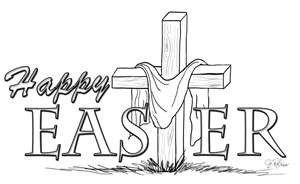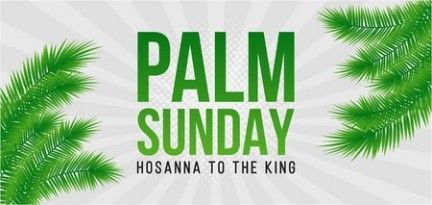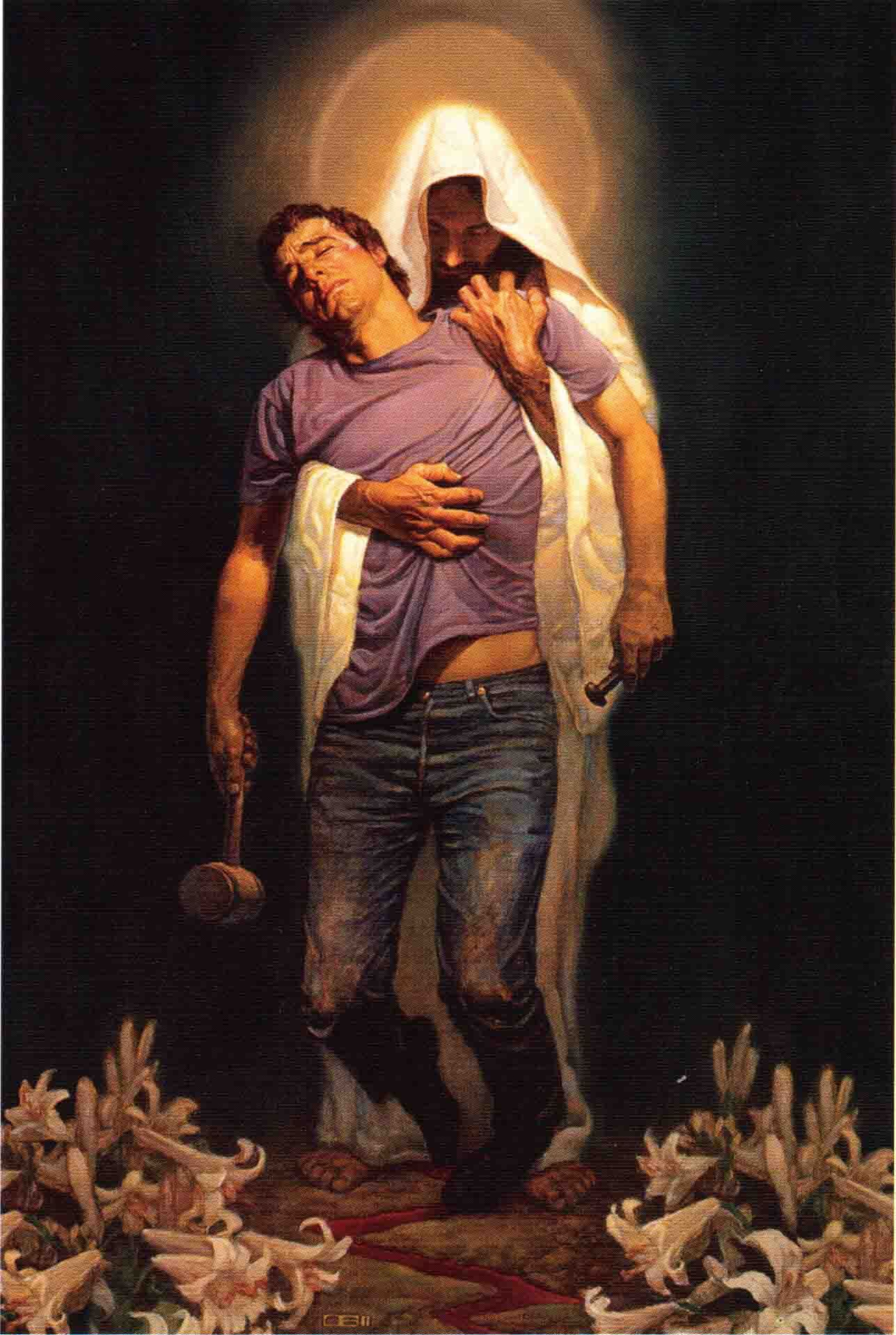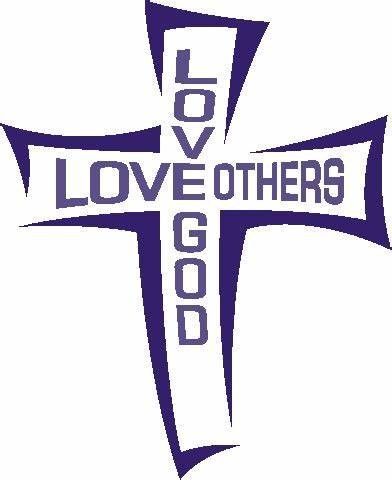What Do We Ask of God to Do For Us?

Joke: A cab driver at the pearly gates is invited to take a silken robe and a golden staff with him into heaven. A preacher next in line is offered only a rough robe and a wooden staff. Astonished, the minister argues, “But I’m a minister! You gave that cab driver a gold staff and a silk robe. Surely I rate higher than that.” Saint Peter responds matter-of-factly: “Here we are interested in results,” he says. “When you preached, people slept. When that cabbie drove his taxi, people prayed.”
A taxi driver appears to be of a lower standard than the preacher, but his action, which we are not encouraged to do since it’s just a joke, speaks louder than his title that he is vested with a silk robe and carries a gold staff. The blind man, in today’s Gospel, is considered a beggar, a sinner, and an outcast of society, however, his action of calling out to the Lord Jesus with his simple and ordinary voice, “Jesus, son of David, have pity on me?” A humbled acknowledgment of the need for God to restore his sight regardless of what he might hear throughout his blindness. He might hear a lot of things about Jesus as well, and surely he does not know that Jesus is God. That’s why he calls out, “Jesus, son of David” instead of Jesus, son of God, have pity on me. He asked to be able to see. Not only to be able to see with his physical eyes but also his spiritual eyes as well. What have we asked of God on our spiritual journey here on earth? Have we had anything to ask of God? What we ask of God is a process of conversion that we are invited to examine in all of today’s readings.
In today’s Gospel, why did Saint Mark describe that “on hearing that it was Jesus of Nazareth,” the blind man, Bartimaeus, began to cry out and said, “Jesus, son of David, have pity on me?” It’s simply because hearing was the only possible sense that could help him to get in touch with reality and to know about Jesus. This crying out to God was a humble acknowledgment of the need for God and an initiative act of conversion responded to an initial hearing and learning about Jesus. Any true act of conversion always begins with a sense of being touched by the Lord that a person experiences through the five senses of human beings such as seeing, touching, smelling, tasting, or hearing.
This process of conversion didn’t stop at the experience of one of the five senses, in particular the sense of hearing described in today’s Gospel, but it moved Bartimaeus beyond the sensible experience to the next step which was to have a moment of conversation. The question that Jesus raised, “What do you want me to do for you” in the crowd, Bartimaeus answered saying, “Master, I want to see.” Why didn’t Bartimaeus just reply: I want to see or make me see, or just do something so that I can see then I can tell who you are, but Master, I want to see? With deep faith in the Lord Jesus which is already deep-rooted in him through hearing and learning about Jesus, he dares to call on Jesus to have pity on him and to heal his blindness by addressing Jesus, master, before asking him for restoration of his sight.
Just as darkness covered the eyes of the blind man to recognize Jesus as Master until Jesus turned to him to open the eyes of his faith, have we encountered Jesus’ presence in our lives? In encountering the presence of Jesus, the blind man responded, “Master, I want to see!” Ignoring people who rebuked him, telling him to be silent, have we ever had the courage to overcome all the obstacles that this world might block our vision to recognize the presence of the Lord in our lives? Have we had the kind of faith like Bartimaeus, the blind man, to have the courage to call out to God and to ignore the popularities of degrading human values that go against the Lord’s teaching? Just as Bartimaeus threw aside his cloak when Jesus called on him, have we had that kind of readiness to follow Jesus, to throw away our worries, anxieties, stress, or anything else to come to him and to allow him to touch us and to heal us from any brokenness of life? When we come to him in prayers and at Mass, have we acknowledged that we are human beings, He is our God, and believe that he will grant us what we ask of him with a deep faith like Bartimaeus.
Listening to people, especially students, helps me open my eyes to examine my ministry to the people that I am entrusted to care for in my priesthood. One time, one student came to me and shared that she didn’t know how to confess because she had never been in the confession before nor received her first Communion. In a retreat, one of the coordinators insisted she come up for Communion and said to her that it was okay to receive Communion even though she never received her first Communion. This made me ponder, is it really okay? She seemed okay. After receiving Communion without understanding or prior education about the Sacrament, she was still alive, still healthy, and everything else okay in front of my physical eyes. The question is who is responsible for that? Another student once said that she once thought about committing suicide. Yet, she was still alive, still healthy, and everything else okay to come to talk to me. The question again who is responsible for that? Still, another student came and told me that she could not forgive her stepfather. Parents, grandparents, and those in charge of teaching and helping our children what do we ask of God? Perhaps, we do not need to ask of God for our healthy physical eyes, but have we ever asked of God to open our spiritual eyes to follow His teaching and the Church’s teaching? Or what do we ask of God?
Just as the blind and the lame were God’s concern in today’s first reading, the blind man is also Jesus’ concern, and absolutely, Jesus might be more concerned with our modern blindness, the blindness of ignoring His teaching, ignoring the Church’s teaching, and ignoring to teach and guide our children because of our busy life. Just as Bartimaeus threw aside his cloak when the Lord Jesus called him, have we been willing to put aside our busy living to spend time with our children, to teach them, and to guide them in a society where moral values seem to degrade such as abortion allowed, same-sex union permitted, gun control allowed, and many other destructions are allowed? Bartimaeus’ meeting with Jesus opened up his spiritual blindness as well as his physical blindness, in meeting the Lord Jesus in our prayers, especially in the Eucharistic celebrations when we receive the Body of the Lord Jesus, have we received any gift from him, especially the gift of spiritual sight? If not, what would we have to do? Bartimaeus became Jesus’ disciple after he was healed from his blindness, what would we do when we have received blessing after blessing? Have we ever been inspired to serve in any ministry we have here at Saint Paul the Apostle? You might not have a problem believing in Jesus, but have you lived your faith in professing the followers of Jesus Christ? We have been reminded of the words of Saint James that faith without work is dead, how do you put your faith into action? The decision is yours.








